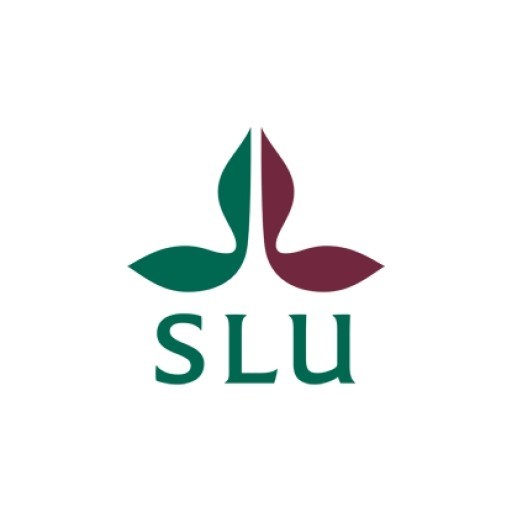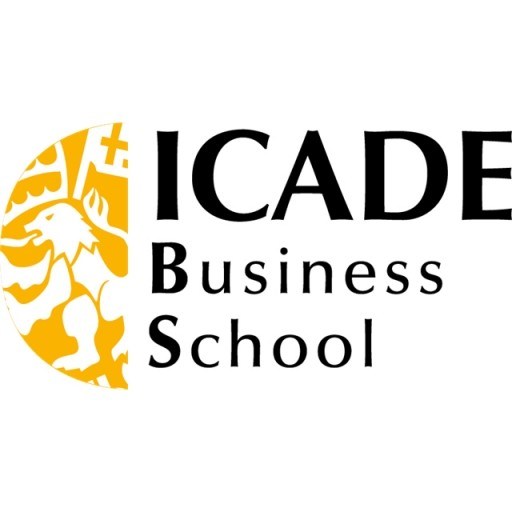Photos of university / #kocuniversity
The Economics undergraduate program at Koç University offers students a comprehensive and rigorous education in economic theory, quantitative methods, and real-world applications. Designed to equip students with a deep understanding of how economies function at both microeconomic and macroeconomic levels, the program emphasizes critical thinking, analytical skills, and empirical research techniques. Throughout the curriculum, students explore a wide array of topics including market mechanisms, economic policy, international trade, development economics, and behavioral economics, preparing them for diverse careers in academia, finance, government, and the private sector. The program combines a strong foundation in mathematical and statistical tools with economic theory, fostering an environment where students can develop the ability to analyze complex economic issues using data-driven approaches. Koç University’s faculty members are experts in their fields and often engaged in cutting-edge research, providing students with the opportunity to learn from and collaborate with leading scholars. The program also offers internships, seminars, and workshops that connect students with industry professionals and policymakers, enhancing their practical understanding of economic challenges and solutions. Graduates of the program are well-prepared for further studies or for careers in areas such as economic analysis, consulting, banking, public policy, and international organizations. Emphasizing a global perspective, the curriculum incorporates international case studies and encourages students to think critically about economic issues in a worldwide context. With its modern facilities, innovative teaching methods, and a vibrant academic community, Koç University’s Economics program aims to develop analytical, research-oriented, and socially responsible economists who can contribute meaningfully to the development and understanding of economic systems worldwide.
The Economics undergraduate program at Koç University offers a comprehensive and rigorous curriculum designed to develop students' understanding of economic theories, quantitative methods, and their applications in real-world contexts. The program aims to equip students with analytical skills, critical thinking abilities, and a solid foundation in both microeconomics and macroeconomics. Throughout their studies, students engage with a wide array of courses covering topics such as economic theory, econometrics, public economics, international economics, development economics, and behavioral economics.
In addition to core economic principles, the program emphasizes the importance of quantitative analysis, providing training in advanced statistical methods, data analysis, and computational tools. This combination ensures that graduates are well-prepared to interpret economic data, build models, and make evidence-based decisions. The curriculum is designed to foster a thorough understanding of economic mechanisms and policy implications, preparing students for diverse careers in public and private sectors, research institutions, and further academic pursuits.
Koç University's Economics program also encourages an interdisciplinary approach, integrating insights from political science, sociology, and business to enrich students' perspectives. The program offers opportunities for internships, research projects, and participation in seminars and workshops, enabling students to gain practical experience and develop professional networks. Graduates of the program typically pursue careers in economic consulting, finance, government agencies, international organizations, and academia, armed with a versatile skill set and a global outlook.
The department places a strong emphasis on academic excellence, innovative teaching methods, and a supportive learning environment. With access to modern facilities, experienced faculty, and an active research community, students are motivated to explore complex economic issues and contribute original insights. Upon completing the program, students will have gained both theoretical knowledge and practical skills necessary to analyze economic issues critically and to participate effectively in discussions surrounding economic policies and challenges on a national and international scale.
The Bachelor of Arts in Economics at Koç University requires students to complete a total of 120 ECTS credits over the course of their undergraduate studies. The program is designed to provide students with a comprehensive understanding of economic theories, quantitative methods, and real-world applications. Students must complete a combination of core courses, electives, and a capstone project to fulfill graduation requirements.
The core curriculum includes foundational courses such as Principles of Microeconomics and Macroeconomics, Mathematical Methods for Economics, and Introduction to Econometrics. These courses aim to equip students with essential analytical tools and models used in economic analysis. In addition, students undertake courses in Data Analysis and Programming to enhance their capabilities in handling large datasets and using statistical software.
Elective courses allow students to specialize in areas like Development Economics, International Economics, Behavioral Economics, and Public Economics. The program encourages students to choose electives that align with their career interests and academic goals. To broaden their understanding, students are also required to participate in seminars, workshops, and internships offered by the university or partner organizations.
A distinctive feature of the program is the Senior Thesis, which students undertake in their final year. The thesis involves identifying a research problem, conducting literature review, collecting and analyzing data, and presenting findings in a formal report. This research component is designed to develop critical thinking, research skills, and academic writing.
Students are also encouraged to engage in exchange programs with partner universities worldwide, fostering international perspective and cultural exchange. Successful completion of the program leads to the awarding of a Bachelor's degree in Economics, preparing graduates for careers in finance, policy analysis, consulting, or further postgraduate studies.
Koç University emphasizes a rigorous academic environment, small class sizes, and close faculty-student interaction. The program requirements ensure that graduates possess both theoretical knowledge and practical skills, making them well-equipped to meet diverse economic challenges in a global context.
The Koç University Economics undergraduate program is primarily funded through a combination of tuition fees, government scholarships, and private financial aid options. Tuition fees are charged annually and vary depending on the academic year, but they are generally reflective of the high standards of education provided by the university. Many students choose to finance their education through a combination of personal savings, family support, and external scholarships. Koç University offers several scholarship programs aimed at supporting outstanding students, including merit-based scholarships that cover partial or full tuition fees. These scholarships are competitive and require an application process that assesses academic achievement, extracurricular involvement, and motivation. Additionally, the university collaborates with various foundations and organizations to provide financial aid options for students from different socio-economic backgrounds.
Students are encouraged to seek external funding sources, such as government grants, national scholarship programs, and private sponsorships, to supplement their funding. Koç University's approach to financing education emphasizes accessibility and affordability, helping students to pursue their studies without undue financial burden. The university also provides financial counseling services to assist students in planning their budgets and exploring available funding options.
For international students, specific scholarships and fee waivers are available based on academic performance and need. The program emphasizes the importance of financial planning from the outset of the academic journey, aiming to support students throughout their studies. While exact figures for the cost of the program and available aid vary from year to year, the university's funding structure is designed to maximize opportunities for qualified students to obtain a high-quality education in Economics. Overall, the financing studies of the program reflect a comprehensive framework that encourages access to higher education while maintaining the high standards of academic excellence associated with Koç University.
The Koç University Economics undergraduate program offers students a comprehensive education in economic theory, quantitative methods, and real-world applications. Designed to prepare students for diverse careers, the program emphasizes both analytical skills and policy understanding. Students are introduced to microeconomics, macroeconomics, econometrics, and various specialized areas such as development economics, international economics, and behavioral economics. The curriculum is structured to develop critical thinking, problem-solving abilities, and data analysis skills, enabling graduates to adapt to rapidly changing economic environments. Koç University’s faculty is composed of esteemed scholars with expertise in their respective fields, providing students with high-quality instruction and mentorship. The program also incorporates opportunities for research projects, internships, and participation in seminars, encouraging practical experience and engagement with current economic issues. Koç University values interdisciplinary learning, and students are encouraged to complement their economic studies with courses in political science, mathematics, statistics, and computer science. This holistic approach aims to equip students with a versatile skill set suitable for careers in academia, government agencies, private sector, finance, consulting, and international organizations. The university’s strong ties with industry and policy institutions provide students with networking opportunities and pathways to employment after graduation. Graduates of the Economics program are well-prepared for advanced studies or entry into professional roles that require rigorous analytical and quantitative skills, making them competitive in various global markets. The program underscores the importance of ethical considerations in economic decisions and promotes sustainable development perspectives. Graduates often pursue careers in economic research, policy analysis, banking, consulting, or continue their education through master's and doctoral programs at leading universities worldwide. Overall, the Koç University Economics undergraduate program combines rigorous academic training with practical experiences, fostering the next generation of economists who are capable of addressing complex economic challenges holistically and innovatively.







